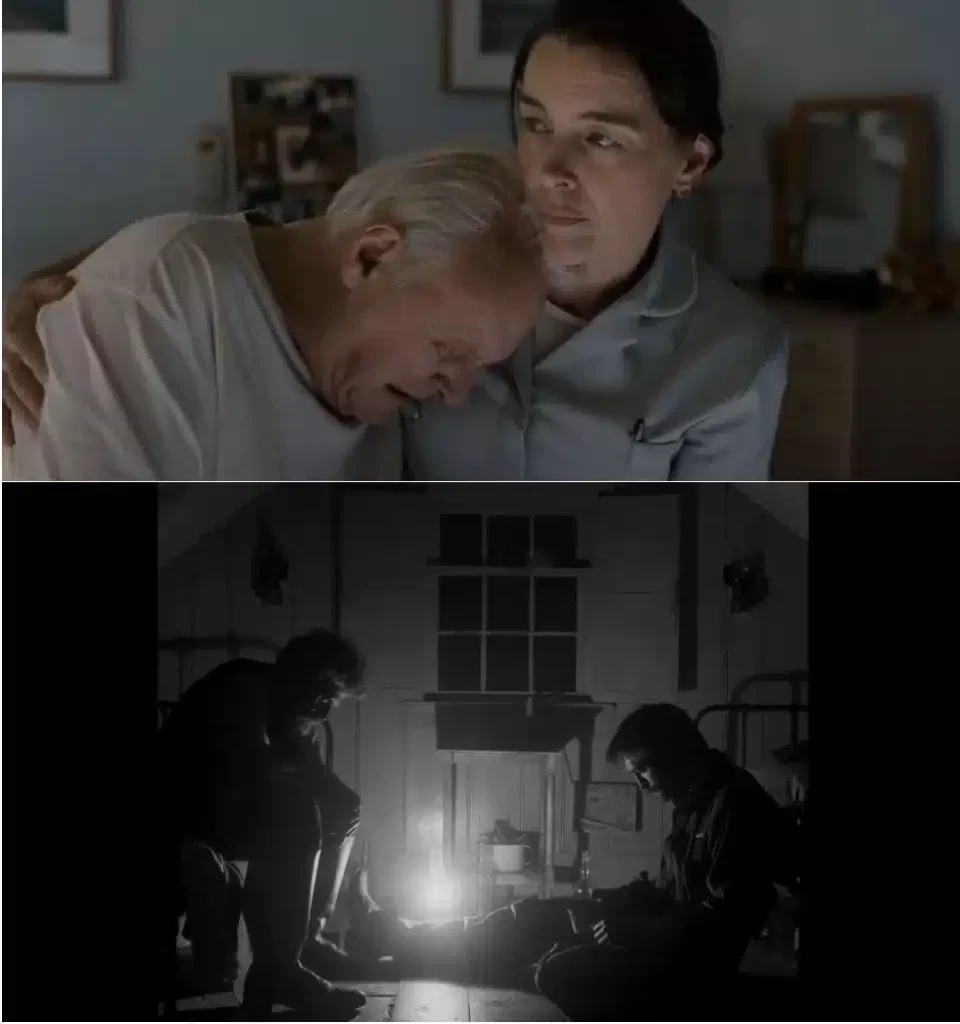
Quite by coincidence I watched two films on similar topics but with vastly different treatments. Both have been on my must-watch list for longer than a year and I ended up watching them over the same weekend.
The Father (2020) is a film based on a play (2012) about an elderly man suffering from advanced dementia. I had the pleasure of watching a production of the play in Mumbai some years back, starring Naseeruddin Shah in the lead role so I knew the story going in. Despite that the film evoked much of the same feelings in me as the first time I watched the story – initial light-hearted enjoyment giving way to confusion, and finally to full-blown struggle to understand the nature of memory and reality.
For those who haven’t seen the film, it keeps deceiving the viewer about the nature of some people and events in such a manner as to make us wonder if we were getting some facts wrong ourselves. But, this is a brilliant method adopted by the writer-director Florian Zeller to make us feel what it’s like to be a patient suffering from mental diseases like dementia and Alzheimer’s. When you cannot form memories or recognise faces, how do you even recognise your own child or remember where you are and at what time?
Despite being nearly a chamber drama (remember it was originally a play) with a very limited cast of characters, it is intensely gripping, like a thriller nearly, except it is about the most vulnerable of situations. This isn’t about action or chases, but a constant fight against the stranger that is your own mind.
The other film I watched is The Lighthouse (2019) which is also situated in a confined space and has an even smaller cast (if you discount the figments of their imagination). Working on a small rocky island, and then further trapped on it by an almost supernatural cyclone, two men lose their grip on sanity.
Once again the director, Robert Eggers, pulls the audience in to the imbalance by making us question their version of events and what we ourselves are being shown. However, this is a period piece based in the 1890s and takes place in a setting that is very alien to ours. It isn’t a city flat, it is an island with a lighthouse.
And where The Father is about a natural process of disease in the mind, the mental degradation that we see happening in this film is more violent and possibly caused by exceptional events (like committing a murder) or perhaps even something supernatural (the curse of a dead man). The final image of the film even indicates this is like the telling of a Greek play with a punishment meted out by the Greek gods.
One is tempted to conclude that The Lighthouse is as far removed from reality as The Father is entrenched in it. And that isn’t incorrect.
But, what I learned by watching both of these films is that for a mentally healthy person, like me (ha ha), the both of these films are a window into a world I cannot ever imagine. As a writer, and as an empathetic person, I can go some way in inhabiting another person’s life. I can understand some of what the experiences are of being female, trans, black, Muslim, Dalit, East Asian, and so on. I understand a little bit of each of these identities and experiences (very little maybe, but more than zero). I can imagine being a palaeontologist, a baker, a doctor, or even an astronaut. And as long as we don’t make first contact, I can even imagine being an alien.
But, can I understand this kind of mental illness? Dementia? Because the very fact that I can understand who I am and where I am and who I am with means I am living a life that’s more alien to the lives of these characters than the life of an actual alien. To even remember whether I ate breakfast or not can be a very great distinguishing factor.
Thus, while watching these films, and particularly because the storytellers in both cases have done a great job in muddling the viewer’s own experience, I saw a world that feels very hard to fathom. Much credit to the three leading actors in these films as well for their magnificent performances. I get bored by super-hero films nowadays, but these two very constricted films showed me a kind of (desolate) vastness that I haven’t seen in a long time.